Join the community
Thought Leadership Centre
Most Read
1. Singapore to slash CDC vouchers in Budget 2026: analysts 2. UOB set for growth as DBS, OCBC earnings hold steady: report 3. Budget 2026 to surge tech funding as ageing workforce squeezes growth: analysts 4. HDB launches 9,012 flats in February BTO and SBF exercise 5. Daily Markets Briefing: STI up 1.06%; Top stock is SingtelResource Center
Awards
Apr
14
Event News
Singapore Business Review Management Excellence Awards 2025 Winner: Moninder Jain of Logitech Singapore Pte Ltd
Moninder Jain of Logitech Singapore highlights how human and AI collaboration strengthened the company’s market position.

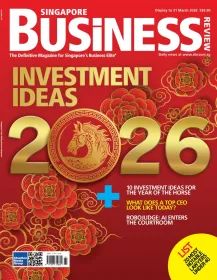
 Advertise
Advertise
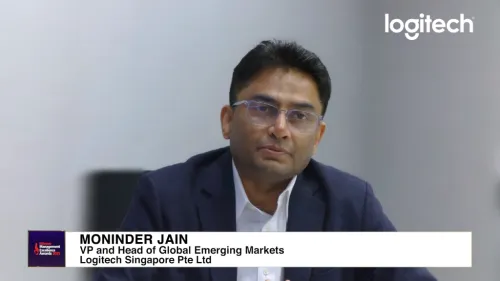



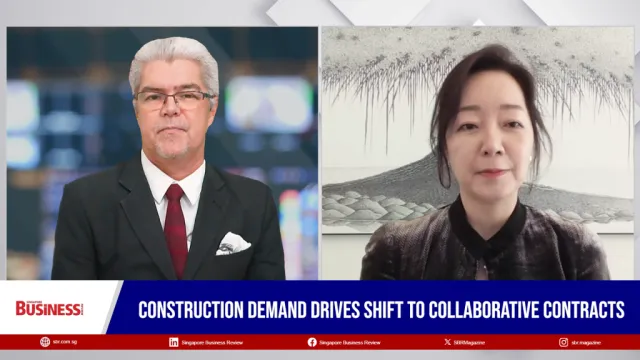
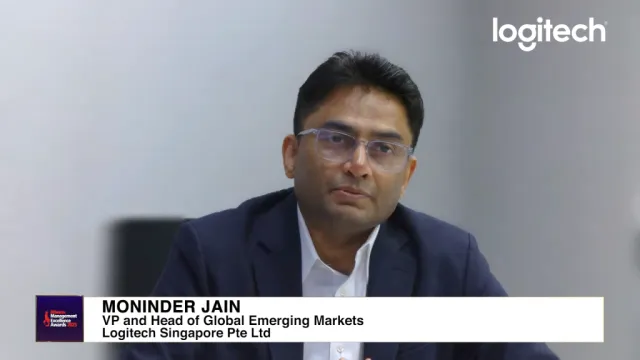
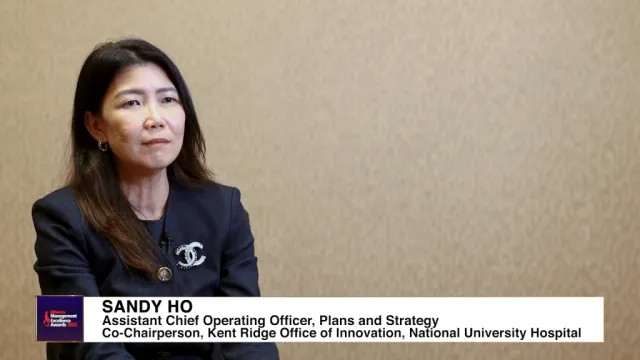








Commentary
Ethical issues in Singapore's real estate industry
Ethical issues in Singapore's real estate industry
Is technology threatening Singapore's healthcare system?
Singapore looking to develop policy framework for energy storage
Bouncing back from retrenchment
Crowdfunding: Protecting businesses and funders
Paying heed to Singapore's productivity challenge
Here's why these hot new startup ideas won
What firms need to know about mobility management
Driving innovation in SMEs: Hopes for Budget 2017
On Trump, free trade, and the end of TPP
Why Singapore's shares could benefit from Trump – in 2019
Do graduate programmes still matter?
How Robotics Process Automation can make education pay, and increase Singapore's productivity
Digital disruption's impact on crisis communications
Impact of AI on talent acquisition and recruitment in the future
Top 5 digital marketing trends in Singapore for 2017
Tagit: Mastering the challenge of scaling a business